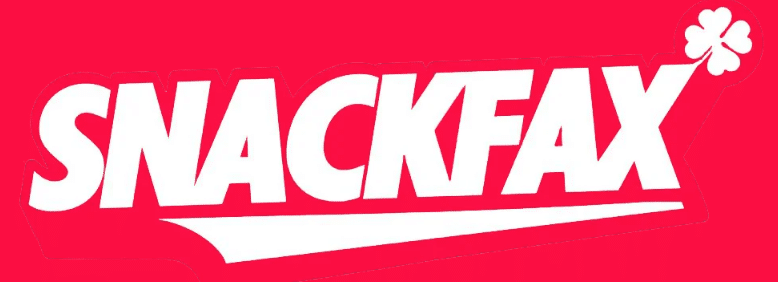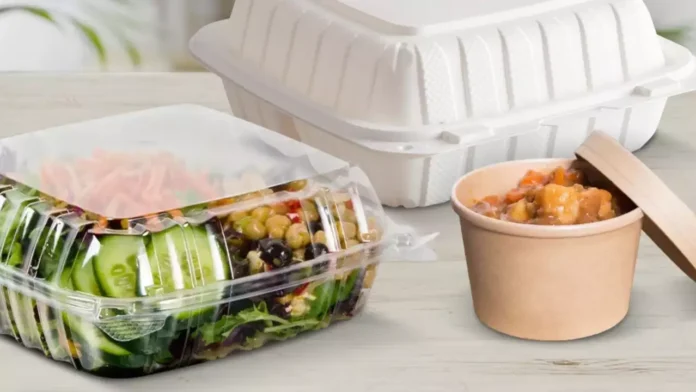The EU has agreed on a provisional deal to create a new law to cut packaging waste and ban single-use plastics such as those used for supermarket fruit and vegetables.
On March 4th, negotiators from the European Parliament and Belgium, currently holding the six-month rotating EU presidency, reached an agreement on targets. These targets include a 5% reduction in packaging by 2030, a 15% reduction by 2040, and a mandate for all packaging to be recyclable by 2030.
The EU emphasized that the agreement, subject to ratification by both the European Parliament and EU member states, is essential. This is due to the fact that “although recycling rates have risen in the EU, the volume of packaging waste generated is increasing at a faster pace than the amount being recycled.”
It added, “Over the past decade, the amount of packaging waste has increased by nearly 25% and is expected to increase by another 19% by 2030 if no action is taken. For plastic packaging waste, the expected increase is 46% by 2030.”
Continue Exploring: Amcor and Mondelēz International collaborate to introduce recycled plastic packaging for Cadbury Chocolate products
In 2021, the bloc produced 188.7 kilograms of packaging waste per capita, marking an increase of 10.8 kilograms per person compared to 2020.
Two years ago, the EU suggested an overhaul of regulations concerning packaging waste, primarily in response to these escalations, propelled in part by the substantial rise in online shopping and the widespread availability of ‘grab and go’ items.
Should the new regulations be ratified, they will supersede the current directive, initially established in 1994 and subsequently amended multiple times.
Affected items will encompass sauce sachets, as well as disposable plates, cups, and containers utilized by fast-food establishments.
Additionally, there will be a prohibition on “forever chemicals” (per- and polyfluorinated alkyl substances or PFASs) in food-contact packaging.
European MP Frédérique Ries, who was involved in the negotiations, described the deal as a “great victory for the health of European consumers”.
Last month, the European Commission, the legislative body of the EU, initiated a consultation process regarding a proposed ban on the use of Bisphenol A (BPA), a chemical commonly found in food and beverage packaging.
This action came in response to findings from the European Food Safety Authority (EFSA), which expressed concerns regarding human health.
Continue Exploring: Bottled water contains alarming levels of microplastic particles, study warns of health implications
In the provisional agreement announced on March 4th, the EU also seeks to raise re-use targets, including a 10% target for takeaway packaging and beverage containers, excluding those designated for wine or milk.
In its statement announcing the deal, the EU said, “The proposal considers the full life-cycle of packaging. It establishes requirements to ensure that packaging is safe and sustainable, by requiring that all packaging is recyclable and that the presence of substances of concern is minimised.”
It added, “In line with the waste hierarchy, the proposal aims to significantly reduce the generation of packaging waste by setting binding re-use targets, restricting certain types of single-use packaging and requiring economic operators to minimise the packaging used.”
The new regulations provide exemptions for micro-enterprises from meeting the specified targets.
The campaign group Zero Waste Europe welcomed what it described as “good steps”, especially in relation to the chemicals used in food packaging.
Dorota Napierska, its toxic-free circular economy policy officer, said, “This will hopefully also send a clear message to food packaging manufacturers that all other substances of concern that we currently find in food packaging should also be eliminated in the coming years.”
But, on a less positive note, the organisation expressed its “deep concern with some worrying exemptions” to the benefit of paper-based and composite packaging applications.
Meanwhile, Philippe Binard, general delegate of industry association Freshfel Europe, told industry title Fruitnet the ban was poorly conceived, discriminatory and probably illegal.
“We don’t see a reason to ban packaging for fruits and vegetables, specifically not plastic packaging for fruits and vegetables,” he said, suggesting there will be legal challenges to the move.
Continue Exploring: Consumer Reports finds ‘widespread’ plastics in food, urges immediate regulatory action


